Humans
Sign up for our newsletter
We summarize the week's scientific breakthroughs every Thursday.
-
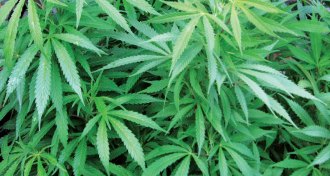 Neuroscience
NeuroscienceMarijuana component fights epilepsy
A buzz-free extract of marijuana could help epilepsy patients whose seizures resist other treatments.
By Nathan Seppa -
 Science & Society
Science & SocietyThe Angelina effect should be about knowing your cancer risk
Angelina Jolie’s public message about her medical decisions related to cancer is about knowing your risks for disease, not hers.
-
 Psychology
PsychologySaying ‘I’ and ‘me’ all the time doesn’t make you a narcissist
People who utter lots of first-person singular pronouns such as "I" and "me" score no higher on narcissism questionnaires than peers who engage in little "I"-talk.
By Bruce Bower -
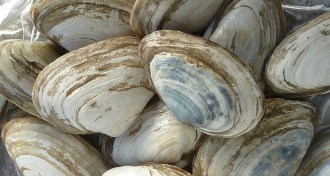 Genetics
GeneticsContagious cancer found in clams
A soft-shell clam disease is just the third example of a contagious cancer.
-
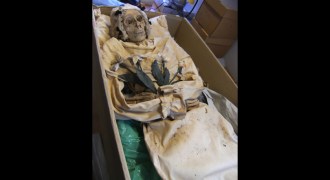 Genetics
GeneticsMummies tell tuberculosis tales from the crypt
Hungarian mummies contracted multiple strains of tuberculosis at the same time, researchers find.
-
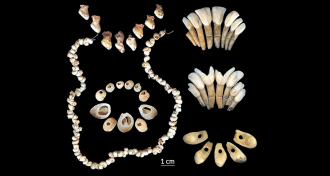 Anthropology
AnthropologyBeads suggest culture blocked farming in Northern Europe
Baltic hunter-gatherers blocked farming’s spread from south.
By Bruce Bower -
 Humans
HumansNatural selection may be growing taller Dutch people
Over the past 200 years, natural selection may have driven the evolution of taller Dutch people, researchers posit.
-
 Health & Medicine
Health & MedicineMutation regions mapped on genes that cause breast and ovarian cancer
An analysis of mutated BRCA genes could someday be used for personalized medicine in the fight against breast and ovarian cancer.
By Nathan Seppa -
 Neuroscience
NeuroscienceBrains may be wired to count calories, make healthy choices
Fruit flies appear to make memories of the calories in the food they eat, an observation that may have implications for weight control in humans.
-
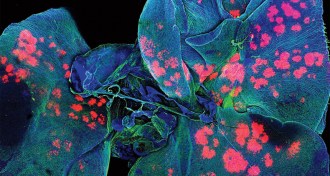 Health & Medicine
Health & MedicinePink blobs of hope in cancer-targeting quest
Cancer drugs coated with plastic can reach a mouse’s lungs for targeted delivery, but steering the capsules to the right spots can be a challenge.
-
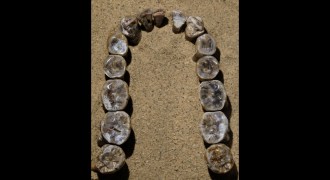 Anthropology
AnthropologyAncient Homo fossils found in Kenya
Finds from three individuals add to skeletal diversity of early members of human genus.
By Bruce Bower -
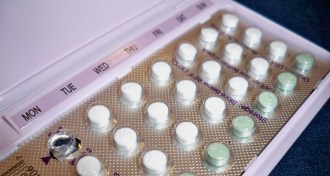 Health & Medicine
Health & MedicineEarly birth control study probed effectiveness of pill
A 1960s study probed birth control pills’ effectiveness for women. Researchers are still trying to make a pill for men.